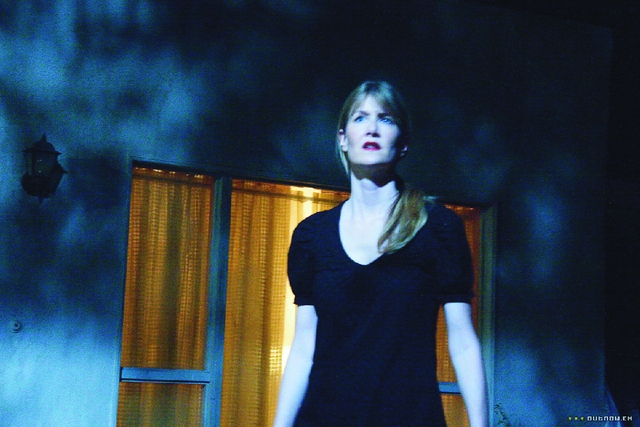Inland Empire
Lynch Goes Epic For Some Shot-On-Video Strangeness


“I have no idea what’s going on
Latest Article|September 3, 2020|Free
::Making Grown Men Cry Since 1992


“I have no idea what’s going on